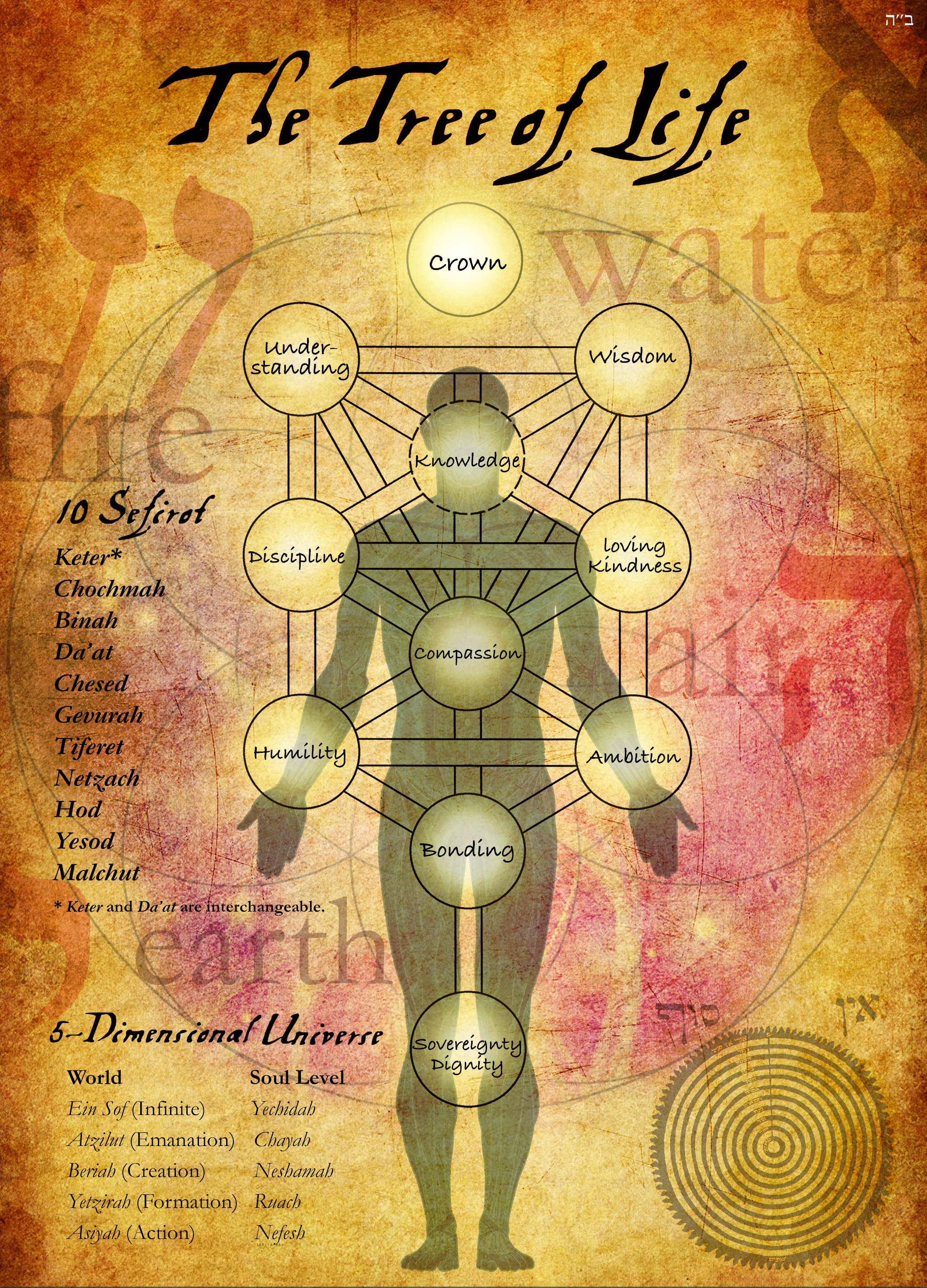Rabbon Gamliel’s son, Shimon, would say: All my life I have been raised among the wise, and I have found nothing better for the body than silence…
Ethics of the Fathers, 1:17
The Talmud goes even further, with the amazing statement:
“What is man’s task in the world? To make himself as silent as the dumb.”[1]
Obviously, one can think of many cases in which silence is advisable. But is there no greater virtue? And is this indeed the purpose of life?
Essentially, the world is words—divine words. “G-d said: ‘Let there be light!’ and there was light.” G-d said: “May there be a firmament…” “May the waters gather…” “May the earth sprout forth…,”[2] and our world, in all its infinite variety and complexity, came into being. As chassidic teaching explains, these divine utterances not only caused these creations to materialize; they were, and continue to be, the very stuff of their existence. What we experience as physical light is, in truth, G-d’s articulation of His desire that there be light. Grass is our physical perception of the divine words “May the earth sprout forth greenery.” And so on.
Obviously, what emanated from G-d’s “mouth” was not a “voice” in any human or physical sense. The Torah uses terms from our experience so that by delving into their significance we can learn something of how G-d relates to our existence. In our case, the Torah wishes to describe an existence which, on the one hand, is distinct from its source, yet on the other, is utterly dependent upon it and possesses no reality other than that dependence. This is the significance of the meta-phor “speech” in regard to creation.
When a person speaks, he creates something that extends beyond his own being. The thought that he had conceived, and which, up until now, has existed only within his mind, is now translated into words that depart his person to attain an existence distinct from his. Nevertheless, they are utterly dependent upon him for existence: the moment he ceases to speak, the entity we refer to as his “speech” no longer exists. In other words, their existence can only be defined in terms of his ongoing involvement to create them.
So it is with the world. On the one hand, G-d desired that a world exist, that it constitute a reality that (at least in its own perception) is distinct from His. On the other hand, the world has no independent existence, possessing no reality other than G-d’s constant involvement to create and sustain it. What model have we, in the human experience of reality, for such an entity? Speech. So what is the world? The closest we can come to answering this question in humanly comprehensible terms is to say: The world is G-d speaking.
There is, however, a single exception to this model for the essential nature of all created things: the soul of man. Every single creation is described by the Torah as having come into being by a divine utterance, except for the soul. The Zohar explains that the soul is not a divine word but a G-dly thought.
Referring to the above interpretation of the metaphor of speech, this means that the soul is a creation which does not “depart” from the all-pervading reality of G-d. A creation that not only senses its total dependence upon its source (as, deep down, every creation does), but one that does not even see itself as an “entity” distinct from its Creator.
Alone in a verbose world, the soul of man is a thing of silence. And its mission in life is to impart this silence to the world about it.[4]
This is an excerpt from “Beyond the Letter of the Law” by Yanki Tauber, published by The Meaningful Life Center.
[1]. Talmud, Chulin 89a.
[2]. Genesis 1.
[3]. Zohar, part II, 119a; Ohr Torah (by Rabbi DovBer of Mezeritch, 2c; Tanya Chapter 2.
[4] Based on an address by the Rebbe, Nissan 24, 5719 (May 2, 1959)








The most divine explanation of the soul
I ever heard ( and all I want of my life
is to see the truth of it)
Obs Forgive my english, I am a brazilian
What this article said about the soul of man, Manis Friedman wrote about, saying it only applies to the soul of Jews. Here is a quote from him:
A Jew is a created condition. G-d created grass, trees, stones, water, animals, humans, and Jews. A Jew is a unique creation, so the soul of a Jew is inherently and basically different than the soul of a non-Jew. The Kabbalah says that all things were created by what the Torah refers to as G-ds speech. G-d said, Let there be light, and there was light, etc. All creation came about through G-ds speech, except the Jew.
His article really disturbed me. I also read something in Rabbi Steinsaltzs Opening the Tanya that seems to say that Jews and gentiles are different species. That seems similar to what Rabbi Friedman says.
I really want to know Rabbi Jacobsons view of what Rabbi Friedman says. What does the Zohar really say? Thank you
The Zohar says that the soul of the Jew was created by G-ds thought — thought rather than speech. Speech is something you can do or not do. There is a time to speak and a time to refrain from speaking. Thought, on the other hand, is not something one can discontinue; thought goes on constantly.
That which is created by speech is finite because there was a time when G-d had not yet said Let there be light, so before He said it light did not exist and after He said it, it did. So the world once was not, and now it is, and therefore its finite and limited. But the statement that the soul of a Jew comes from G-ds thought means that the soul of a Jew is not something that comes from an external expression such as speech, but rather from an internal, personal, intimate place similar to thought. Therefore the soul of a Jew is a part of G-d (as the Tanya puts it) and not a creation at all.
The essence of a Jew, that which makes him Jewish, is his soul, and his soul is not a creation. The soul of the Jew is an eternal, infinite part of the eternal, infinite G-d; the Jew is a piece of G-d. Whoever has this soul is Jewish. Whoever doesnt have this soul is not Jewish, but rather is a human being created by G-d, created in the six days of creation through G-ds speech.
What this article said about the soul of man, Manis Friedman wrote about, saying it only applies to the soul of Jews. Here is a quote from him:
A Jew is a created condition. G-d created grass, trees, stones, water, animals, humans, and Jews. A Jew is a unique creation, so the soul of a Jew is inherently and basically different than the soul of a non-Jew. The Kabbalah says that all things were created by what the Torah refers to as G-ds speech. G-d said, Let there be light, and there was light, etc. All creation came about through G-ds speech, except the Jew.
His article really disturbed me. I also read something in Rabbi Steinsaltzs Opening the Tanya that seems to say that Jews and gentiles are different species. That seems similar to what Rabbi Friedman says.
I really want to know Rabbi Jacobsons view of what Rabbi Friedman says. What does the Zohar really say? Thank you
The Zohar says that the soul of the Jew was created by G-ds thought — thought rather than speech. Speech is something you can do or not do. There is a time to speak and a time to refrain from speaking. Thought, on the other hand, is not something one can discontinue; thought goes on constantly.
That which is created by speech is finite because there was a time when G-d had not yet said Let there be light, so before He said it light did not exist and after He said it, it did. So the world once was not, and now it is, and therefore its finite and limited. But the statement that the soul of a Jew comes from G-ds thought means that the soul of a Jew is not something that comes from an external expression such as speech, but rather from an internal, personal, intimate place similar to thought. Therefore the soul of a Jew is a part of G-d (as the Tanya puts it) and not a creation at all.
The essence of a Jew, that which makes him Jewish, is his soul, and his soul is not a creation. The soul of the Jew is an eternal, infinite part of the eternal, infinite G-d; the Jew is a piece of G-d. Whoever has this soul is Jewish. Whoever doesnt have this soul is not Jewish, but rather is a human being created by G-d, created in the six days of creation through G-ds speech.
The notion that the Jewish soul always existed, and that we, along with God, were always in existence, smacks of polytheism.